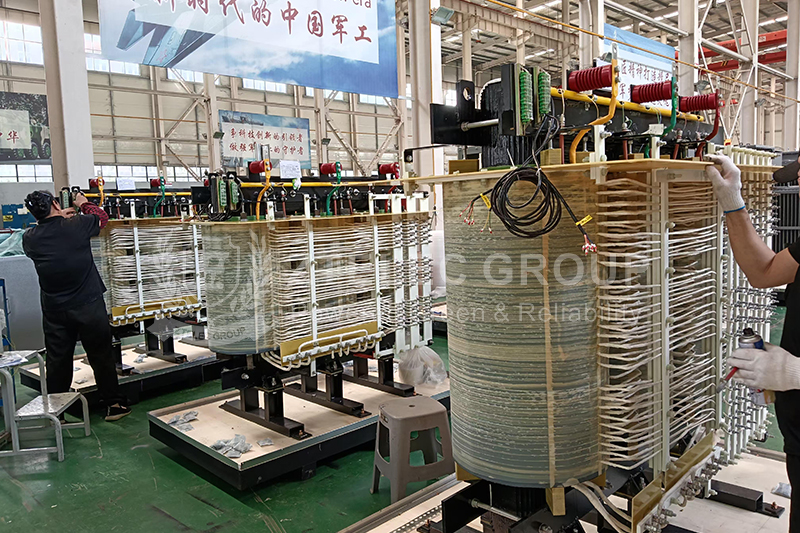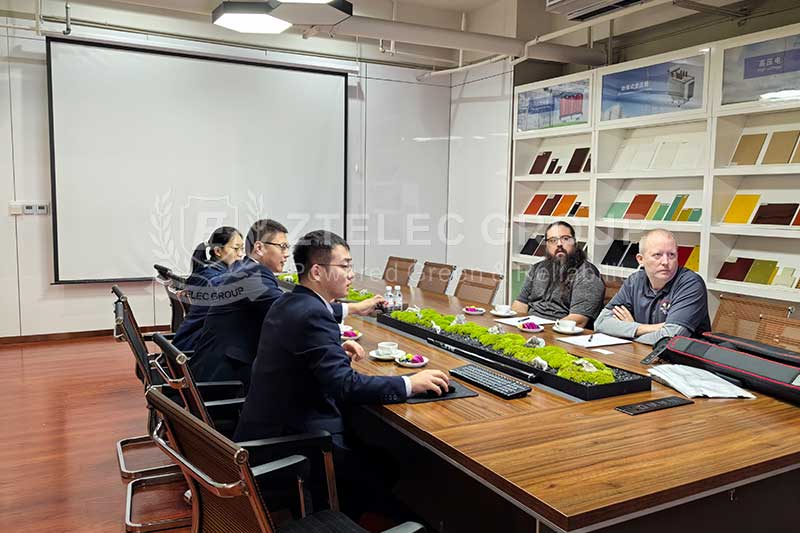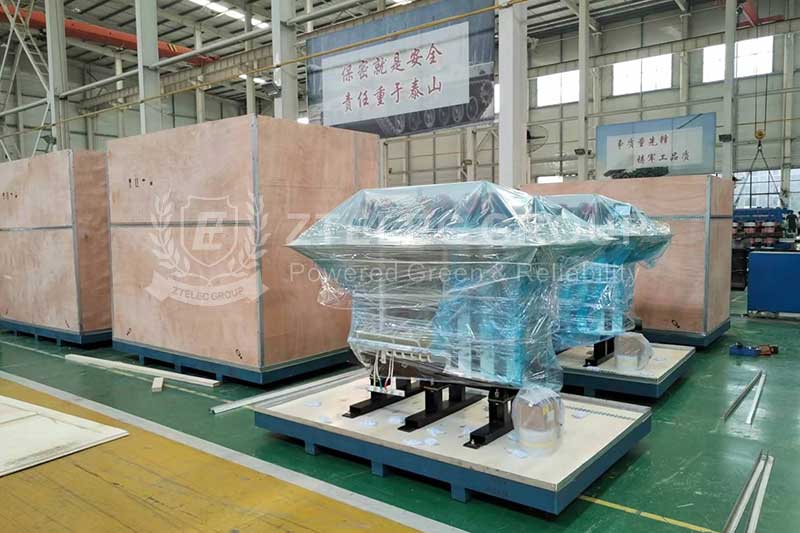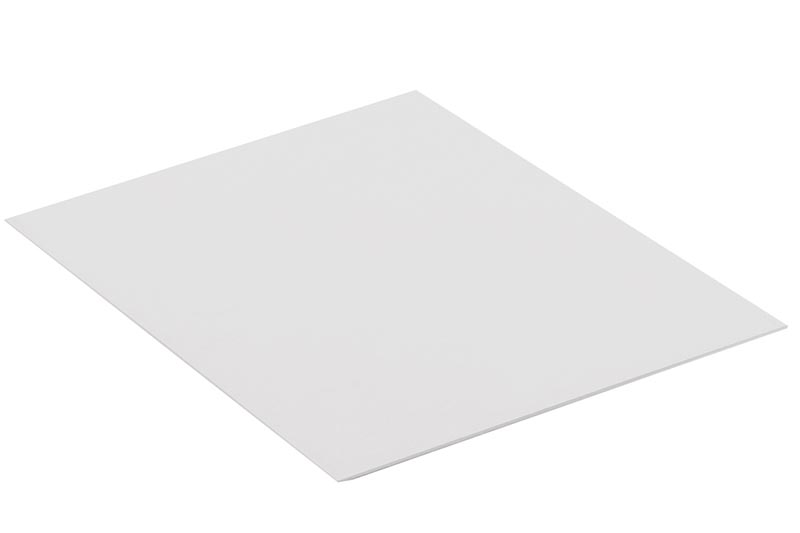Why are SMC insulation sheets widely used in dry-type transformers?
The use of SMC insulation sheets (also known as sheet molding compound) has become a mainstream trend in the design and manufacturing of dry-type transformers. SMC materials demonstrate excellent adaptability from a performance, safety, and economic perspective. This article will delve into the reasons for the widespread adoption of SMC insulation sheets in dry-type transformers and analyze the key role they play in the transformer industry.
What is SMC insulation sheet?
SMC insulation sheet is a sheet molding compound composed of unsaturated polyester resin, glass fiber, fillers, and various additives. It is formed through a high-temperature and high-pressure molding process. This material offers excellent electrical properties, strong mechanical strength, and good heat resistance, making it ideal for use in dry-type transformer insulation components such as clips, insulation end rings, and stays.
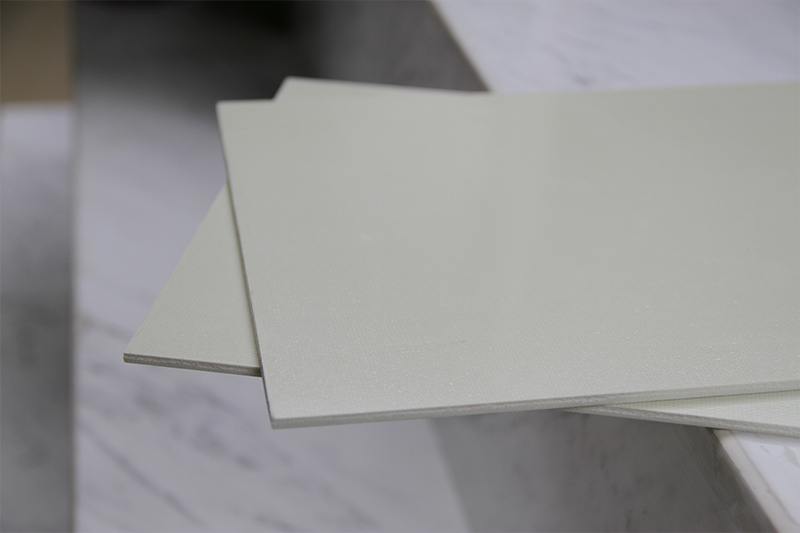
Why are SMC insulation sheets widely used in dry-type transformers?
1. Excellent Electrical Insulation Performance
High dielectric strength: SMC material can effectively withstand high electric field strengths, reducing the risk of insulation breakdown and ensuring stable operation of transformers in high-voltage environments.
Low dielectric constant and loss: These characteristics help reduce no-load losses in transformers, further improving equipment energy efficiency.
2. Excellent Mechanical Strength and Dimensional Stability
SMC insulation sheets offer strong bending and impact resistance, capable of withstanding the electromagnetic and mechanical stresses generated during transformer operation.
The material's low shrinkage and high heat deflection temperature ensure dimensional stability even under temperature fluctuations, preventing loosening of the insulation structure due to thermal expansion and contraction.
3. Excellent Heat Resistance and Fire Safety
Dry-type transformers often generate heat due to load fluctuations. SMC material can operate for long periods in environments with temperatures of 155°C or even higher, demonstrating a high heat resistance rating.
Its excellent flame retardancy, meeting the UL94 V-0 standard, effectively reduces the risk of fire and is suitable for use in safety-critical environments.
4. Environmental Corrosion and Moisture Resistance
SMC material is inherently resistant to moisture and chemical corrosion, enabling long-term use in hot, humid, and heavily polluted industrial environments, preventing equipment failures caused by moisture in insulation components.
5. Lightweight and Design Flexibility
Compared to traditional metal components, SMC material is lighter, making it easier to install and transport dry-type transformers.
This material can be molded into complex shapes to meet diverse transformer design requirements and further improve internal space utilization.
6. Environmental and Economic Benefits
SMC material is recyclable, aligning with the current trend of green manufacturing. It has high production efficiency and short mold forming cycle, which can help companies reduce the overall manufacturing cost of dry-type transformers.
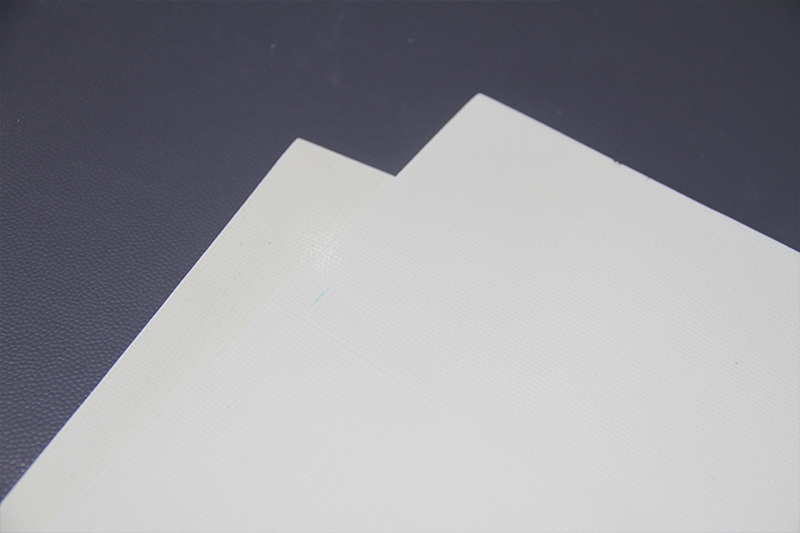
Key Application Areas of SMC Insulation Sheets in Dry-Type Transformers
Core clamps and fastening structures: Provide mechanical support and insulation for the transformer core.
Winding end insulation: Prevent short circuits between windings or between windings and ground.
Connectors and brackets: Ensure secure positioning of conductors within the transformer and ensure insulation safety.
SMC insulation sheets are widely used in dry-type transformers due to their comprehensive advantages in electrical insulation, mechanical strength, heat and fire resistance, moisture and corrosion resistance, and cost-effectiveness. As the transformer industry continues to evolve towards higher efficiency, safety, and environmental friendliness, SMC insulation sheets have become a key material for enhancing the performance and operational reliability of dry-type transformers.
For power equipment manufacturers, transformer designers, and end users, a comprehensive understanding of the advantages of SMC materials will help them make more informed decisions during product selection and procurement, ultimately ensuring stable and efficient power system operation.
1250kVA oil immersed transformer price
1600kVA oil immersed transformer
FR4 Machined Parts
1250kVA oil immersed transformer
Filament Wound Epoxy Tube
- more+releated article
- 2026-02-281250kVA Oil-Immersed Transformer Price and Cos
- 2026-02-27Detailed Explanation of FR4 Machined Parts Mac
- 2026-02-27Custom 1600kVA Oil Immersed Transformer Manufa
- 2026-02-26Precision FR4 Machined Parts for Electrical In
- 2026-02-26High-Quality Industrial 1250kVA Oil-Immersed T
- 2026-02-25Why is Filament Wound Epoxy Tube More Expensiv
- 2026-02-25XUJUE ELECTRICAL Officially Resumes Operations
- 2026-02-25Solar Duty Transformer: Sizing Challenges, Inv
- 2026-02-11Ztelecgroup Annual Gala Successfully Held
- 2026-02-10G10 epoxy board in the insulation parts of ele

